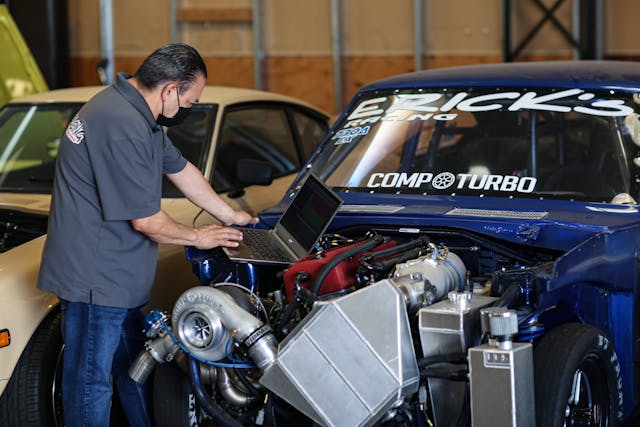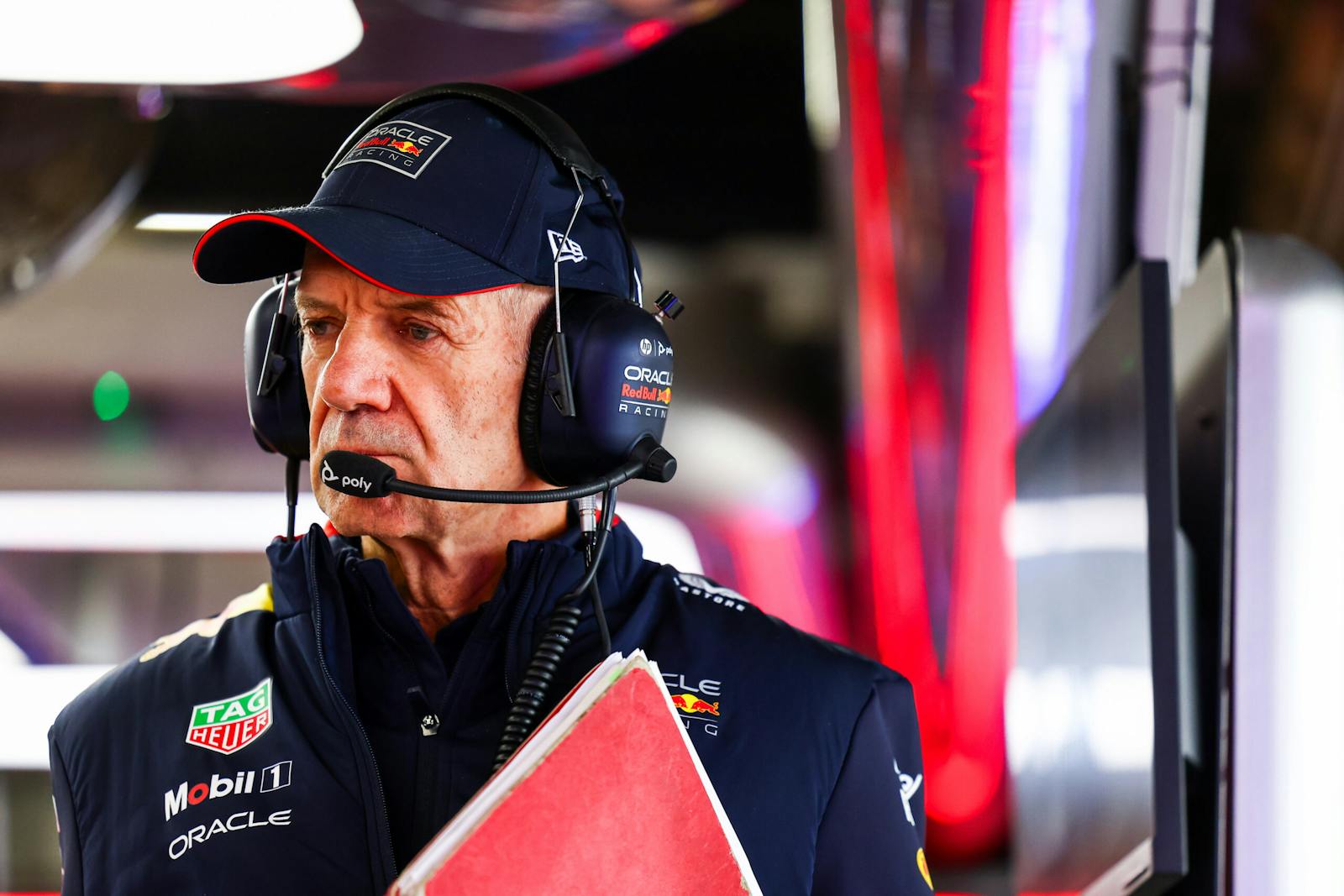NHTSA butts heads with Massachusetts right-to-repair law
The National Highway Transportation Safety Administration (NHTSA) has told U.S. automakers not to comply with a Massachusetts law aiming to restore consumers’ right to repair their cars.
In 2020, a ballot initiative in Massachusetts required that vehicles with telematics systems be equipped with a standardized data platform that was open to owners and independent repair facilities. The initiative passed by a 3-1 margin and was supposed to begin with 2022 model-year vehicles and allow owners to shop around for vehicle repairs without being forced to rely on dealerships. However, due to security concerns, the NHTSA has told manufacturers, including General Motors, Ford, Tesla, Toyota, Rivian, and Volkswagen, not to comply. Reuters reported that the NHTSA is concerned that “open access to vehicle manufacturers’ telematics offerings with the ability to remotely send commands allows for manipulation of systems on a vehicle, including safety-critical functions such as steering, acceleration, or braking.”
This isn’t the first hiccup that Massachusetts car buyers have seen regarding this initiative, as Ford, GM, VW, Toyota, Hyundai, Honda, and other manufacturers filed a suit in the U.S. District Court for the District of Massachusetts to block the law.
Massachusetts Attorney General Andrea Joy Campbell has been pushing for automakers to step up and give access to their data, as mandated by the overwhelming majority of voters, despite resistance from automakers and, now, the NHTSA. Massachusetts surely won’t be alone in this battle for long. Considering how manufacturers don’t have a great reputation for keeping intrepid hot-rodders from hacking into ECUs, it seems only a matter of time before there are ways through OEM cybersecurity and consumers get their way.
***
Check out the Hagerty Media homepage so you don’t miss a single story, or better yet, bookmark it. To get our best stories delivered right to your inbox, subscribe to our newsletters.



I prefer older cars that don’t rely on computers. They’re so much easier to live with.
just install a diferrent ecu. ive been putting newer ones in modified older vehicles for years. all you need is the pin out for both vehicles then move the wires to where they need to go. 97 dash 04 world in the engine compartment. the motor doesn’t know or care what’s running it. 4cyl computer with v8 motor, just piggy back signals to fire two plugs etc. or run a mega squirt or holly setup.
Yes it will run but ECUs have the original VIN encoded in their firmware. Any DTC reader will confirm it. At state inspection it’ll be flagged and fail if the ECU number conflicts with the tag on the car (which is photographed and stored every year) or the VIN on file at the RMV.
In many states emission inspections end when the car reaches 25 years old so the “man” has no idea what computer your old car is using. I’m glad I live in one of them.
Telematics, remote commands to braking, steering, etc; they can keep their data access, I’ll take a pass on this needlessly complicating technology imbedded in something ultimately intended to take me from A to B.
Rather, I’ll use alternate means of transportation that I can trust and maintain myself for a fraction of the cost.
Alternative is to not buy any of the new cars until the independents are able to have the info that they need to repair the cars that are being produced. This monopolistic practice used by the manufacturers needs to be shut down. To subject oneself to only one repair facility (dealer) is insanity, or could lead to insanity. Give me an older car that I can work on, or my local wrench can if I choose not to. I refuse to be forced to use only the dealer’s wrench, with many times higher repair prices as the outcome of this scenario.
There is a lot of misinformation about this in the press. I actually dug into this when passed in Mass. There is a whole section in the law about telematics access for repairers if it is needed for a repair… but the ones funding these fights, autozone and Napa, want to track the data right from the vehicle… more than just what is needed for repairs. the dealer monopoly line is just a scare tactic.
As the owner of a 2015 MB, I still do some of the work myself. Last time at the dealer, to fix an oil leak, they tore one of the intake tubes and didn’t say anything about it! It’s now been replaced by me, but the dealer will NOT be seeing my car in the future. I do have two shops in my area that can work on it, and they will be doing the work I no longer can.
So the NHTSA isn’t much of a help on right to repair. Shocking.
All of this tech stuff means something else to go wrong and bring big bucks for repair of propriety systems to manufacturers.
I’d rather simply use a feeler gauge, timing light, a regular rear view mirror, and non-catalytic exhaust.
Seems like a lot of one-sided comments: Good!
If it isn’t “safe” to allow access to the data, the vehicle shouldn’t be built with that tech.
We are not talking devices holding state military secrets where special rules should apply.
Balancing consumer rights and protection with a free market economy should outweigh proprietary rights in most situations. Vehicles for the general population, farm equipment, etc. are too important in general to be given special status.
Napa and such don’t need remote access to anything either though. Vehicle can put a QR code onto your device that you can share with Napa temporarily maybe…
Really we are so high tech now the vehicle should be diagnosing itself and telling you what repair is needed. We probably get there when manufacturers realize that’s an angle to void warranty claims when the vehicle has been telling you for months to get something done and you keep ignoring the message.
Its all about CONTROL
same as with the fedgov cramming electric cars down our throats.
John Deere has been building the tractors for years so that no one except a stealership can even replace a power steering pressure sensor
when my current daily driver , a 06 F-150, gives up, its replacement will be the nicest 88-91 Suburban I can find.
Total control of your vehicle is recommended by manufacturers so they can update the software for “safety updates”. I think the real reason is so they can rent options to you instead of including them in the sale. That way they can turn off your heated seates, cooled seats, cruise control, blind spot detection, etc. with an over the air command to kill those expensive options you “bought” and charge you a “subscription either monthly or yearly.
Here is the deal. Mfgs are required to build vehicles that meet emissions for a number of years and 100k miles. If they are easily tampered with or made easy to tamper with they are held responsible.
So if they supply too much info the government will come down on them.
If they make it too hard to work on then the buyers get mad. It is a no win.
The dealers now are short techs as it is. They could use the help.
As for the EV cars you had better know what you are doing or you could fry the car or you.
This whole deal is due to the government agencies and the politicians just covering for them.